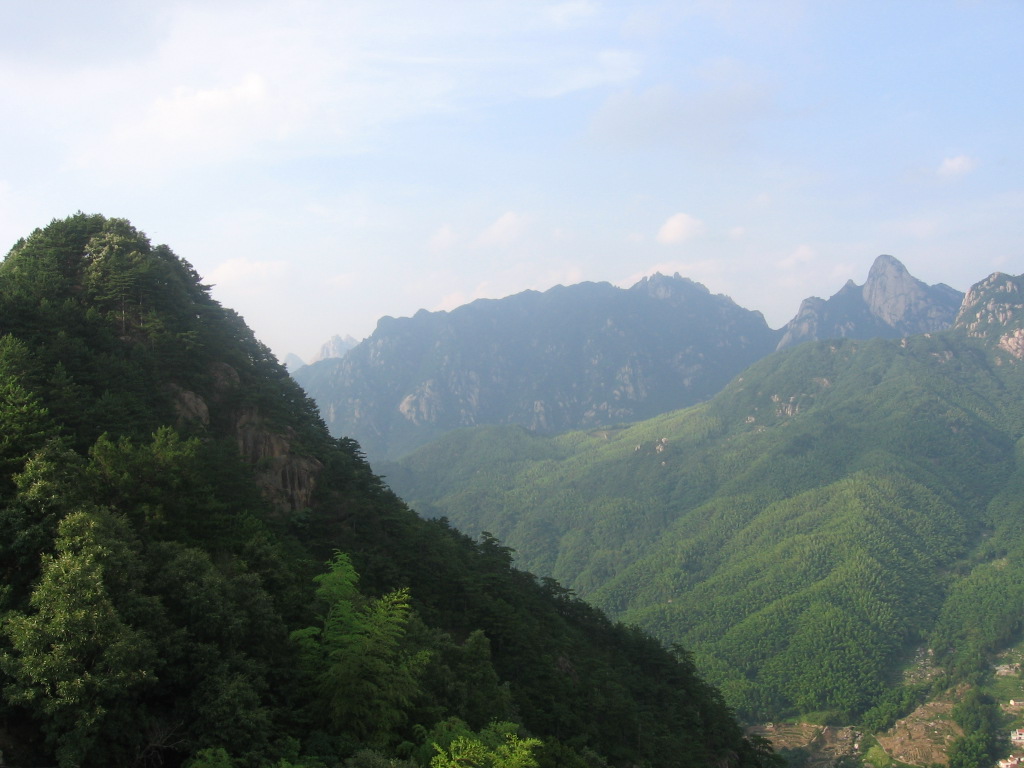Nippon.com offers an informed view of Japanese recluses by a psychiatrist working directly with hikikomori, offering definitions, descriptions, and communication and work issues.
Japan hikikomori job aid
According to the Japan Times, The Labor Ministry is extending job help to hikikomori, specifically older adults:
The government has decided to expand the scope of its job support program for socially withdrawn people, which is limited to those 39 or younger, to include people in their early 40s.
Many people aged 40 to 44 have been living as hikikomori (recluses) who shut themselves in at home, or NEETs, an acronym for “not in education, employment or training,” because of the hardships they suffered during Japan’s “employment ice age,” the officials said.
Hikikomori update
Review article in Nippon.com on the status of Japanese hikikomori.
Hikikomori News created
A Quartz article titled “Japan’s extreme recluses are coming together to create a newspaper for social outcasts” describes the creation of Hikikomori News in Tokyo by a disparate group of hikikomori. Includes links and photos.
Japan’s aging hikikomori
Japan Daily reports on the serious social needs of aging kikikomori, Japan’s middle-aged recluses. Among factors are the deeper disparity between themselves and social interaction, the increased severity of their withdrawal, and dependence on aging parents. A report on the issue by a Japanese ministry complements an earlier report on the age group 18-35.
